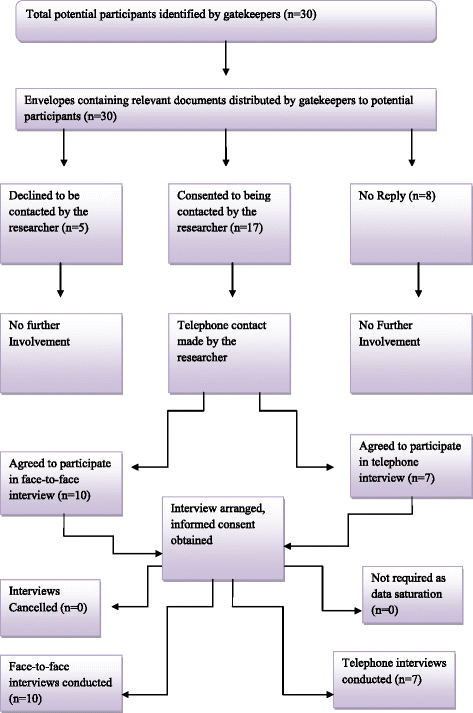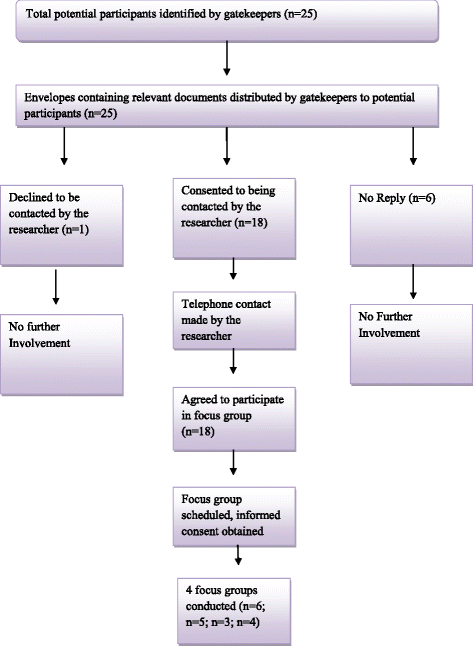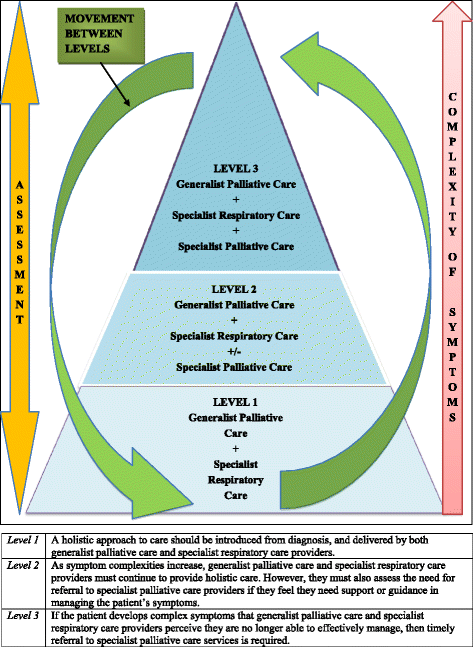The provision of generalist and specialist palliative care for patients with non-malignant respiratory disease in the North and Republic of Ireland: a qualitative study
- PMID: 28693466
- PMCID: PMC5504568
- DOI: 10.1186/s12904-017-0220-1
The provision of generalist and specialist palliative care for patients with non-malignant respiratory disease in the North and Republic of Ireland: a qualitative study
Erratum in
-
Erratum to: BMC Palliative Care, Vol. 17.BMC Palliat Care. 2017 Oct 10;16(1):51. doi: 10.1186/s12904-017-0233-9. BMC Palliat Care. 2017. PMID: 29017489 Free PMC article. No abstract available.
Abstract
Background: Previous research and key guidelines have suggested potential models of palliative care for patients with COPD and interstitial lung disease. However, these recommendations are often not effectively implemented in clinical practice and are void of guidance regarding palliative care for patients with bronchiectasis, another form of non-malignant respiratory disease. The aim of this research was to explore generalist and specialist palliative care service provision for people with non-malignant respiratory disease in the North and Republic of Ireland.
Methods: Qualitative study involving a convenience sample of 17 bereaved carers and 18 healthcare professionals recruited from 2 rural and 2 urban sites on the Island of Ireland. Data collection consisted of semi-structured interviews with carers of patients with COPD, interstitial lung disease or bronchiectasis who had died 3-18 months previously; and 4 focus groups with healthcare professionals. Data analysed using thematic analysis.
Results: Findings highlighted the lack of a clear model of holistic care delivery for patients with non-malignant respiratory disease and illuminated the varying levels of palliative care provision this client group experienced. Additionally, ambiguity amongst healthcare professionals regarding prognostication illuminated the importance of the provision of palliative care being based on patient need, not prognosis. This research developed a potential model of palliative care which may help healthcare professionals introduce palliative care, and specialist respiratory care, early in the disease trajectory of non-malignant respiratory disease, whilst also encouraging the involvement of specialist palliative care for complex symptom management.
Conclusion: This research provides an important insight into a potential model of palliative care for people with non-malignant respiratory disease, inclusive of bronchiectasis. However, the feasibility of integrating this model into clinical practice requires further exploration.
Keywords: Bronchiectasis; COPD; Healthcare Professionals; Interstitial lung disease; Non-malignant respiratory disease; Palliative care; Qualitative research and bereaved carers.
Conflict of interest statement
Ethics approval and consent to participate
All participation was voluntary with full written, and verbal, informed consent. Ethical approval was received from the Office of Research and Ethics Committee Northern Ireland (ORECNI, Reference: 11/NI/0166) and governance permission from the Northern Health and Social Care Trust (Reference: NRP11–0264/09), Belfast Health and Social Care Trust (Reference:11080JR-AS), Letterkenny and Dublin.
Consent for publication
Not applicable.
Competing interest
The authors declare that they have no competing interests.
Publisher’s Note
Springer Nature remains neutral with regard to jurisdictional claims in published maps and institutional affiliations.
Figures
References
-
- WHO. Chronic Obstructive Pulmonary Disease (COPD) Fact Sheet. 2015. http://www.who.int/mediacentre/factsheets/fs315/en/. Accessed 10 Oct 2016.
-
- WHO. Global alliance against chronic respiratory disease action plan 2008–2013. Italy: WHO. p. 2008.
-
- Duck A. Principles to effectively manage people with interstitial lung disease in the community. Nurs Times. 2008;105(49–50):29–30. - PubMed
MeSH terms
LinkOut - more resources
Full Text Sources
Other Literature Sources
Medical




